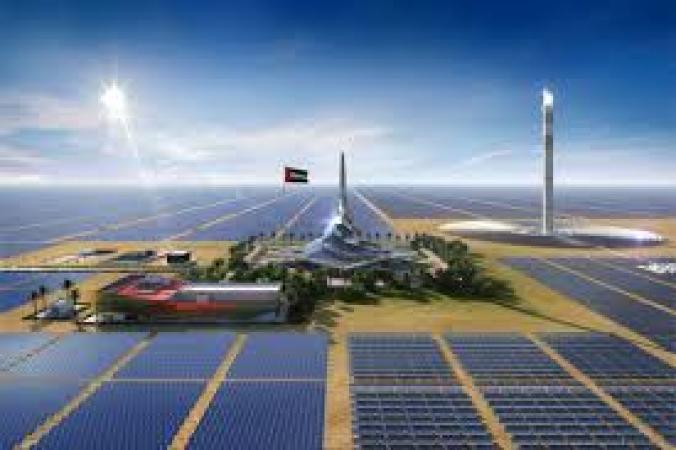Saudi Arabia and the UAE are making substantial strides in their clean-energy transitions by deploying Chinese-made battery energy storage systems (BESS), attracted by low-cost yet advanced technology. As solar and wind power grow, battery storage is critical to maintaining consistent power supply when renewable sources are unavailable.
The UAE aims for 44% clean energy by 2050, and Saudi Arabia targets 50% by 2030. With battery prices having fallen dramatically—to as low as $50/kWh—Chinese companies like BYD and CATL are meeting the demand. Saudi’s landmark 2.6 GWh single-phase grid-tied system in Bisha, supplied by BYD, is a prime example.
In Abu Dhabi, Masdar and EWEC are behind a 5.2 GW solar PV plant coupled with a groundbreaking 19 GWh battery system. That project is poised to deliver 24-hour solar power, cementing the UAE’s claim to global renewable leadership.
These advances are more than technical feats—they are driving economic and strategic benefits. Cheaper storage unlocks renewables expansion, slashes fossil fuel dependency, and positions Gulf states for export and investment opportunities. By integrating energy storage, they also strengthen climate change resilience.
However, such reliance on Chinese technology raises strategic concerns about supply chain dependence and geopolitical risk, prompting Gulf governments to diversify partnerships.
This shift marks a significant pivot: Gulf nations are increasingly embracing battery innovation as a central pillar of their energy future—not just a renewable afterthought.

